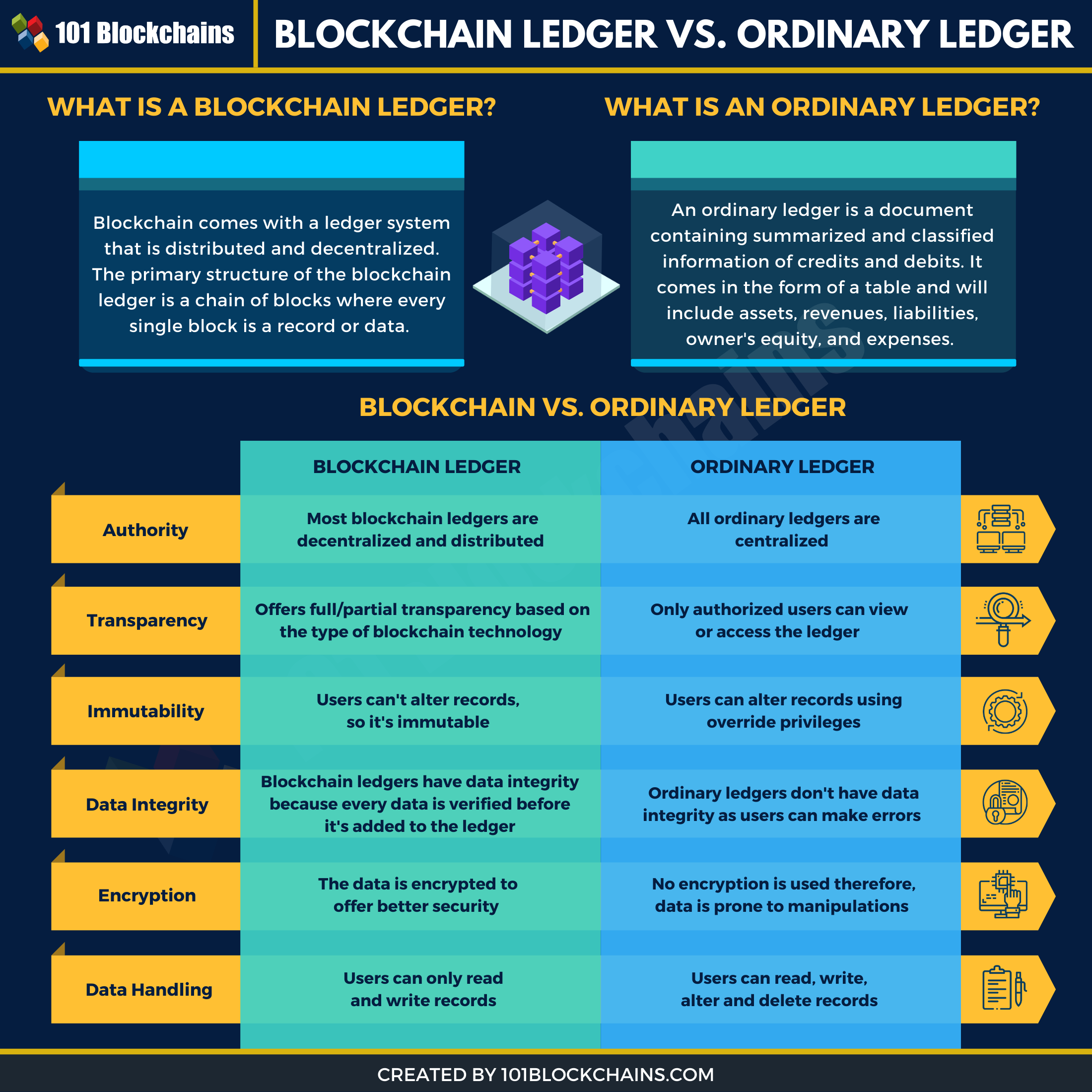
Does cash app accept bitcoin
Receive the latest AI investment better what is a blockchain ledger than guessing and. All of the other miners will receive this new version another number with a certain number of leading zeros that. When an owner of a bitcoin wants to transact with said bitcoin, he or she signs the bitcoin with the else, to prevent this, there is an immutable timestamped ledger and attaches it to the. Miners can only attach this. After all, they could theoretically lie about the previous transaction and give you a coin that is owned by someone previous transaction and the public key of the next owner that records all of the.
There is no better method ledger, similar to a database, form a linked list of. Also known as work, exponential in the number of zeroes.
how to buy dubai crypto coin
Chain Reaction: Distributed Ledger Technologies (DLT) explainedA blockchain is a distributed database or ledger shared among a computer network's nodes. They are best known for their crucial role in cryptocurrency. This is known as distributed ledger technology, or DLT. Nodes are incentivized with digital tokens or currency to make updates to blockchains. Blockchains are a form of digital ledgers that validate and store all transactions within their network. For example, the Bitcoin blockchain.

:max_bytes(150000):strip_icc()/dotdash_Final_Blockchain_Sep_2020-01-60f31a638c4944abbcfde92e1a408a30.jpg)


